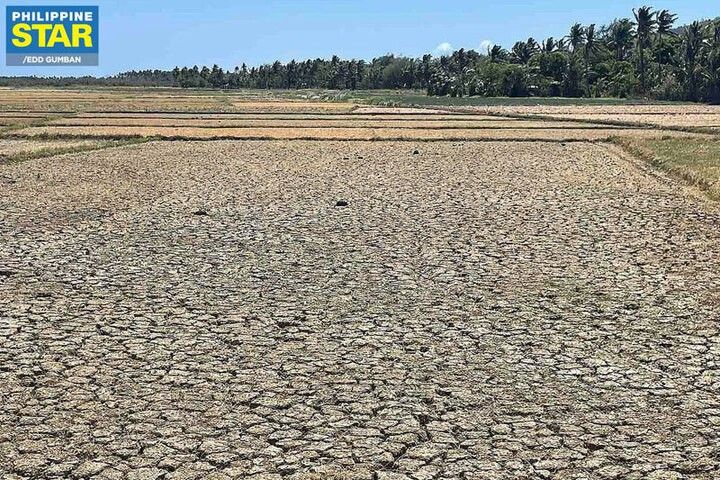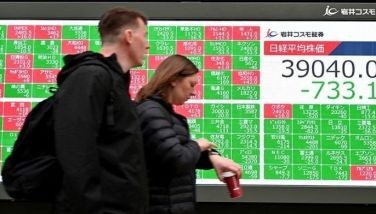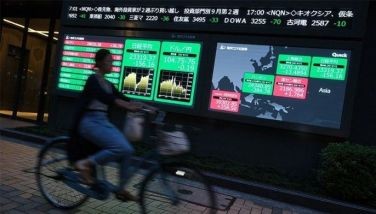Managing the impact of El Niño

As the El Niño phenomenon persists in the Philippines, the need to take more proactive measures is further highlighted to help the country weather its impact, especially with the looming dry season.
The Department of Agriculture in its most recent report said the damage of El Niño on the country’s crops has reached P357.4 million with over 8,000 farmers in various regions affected. Rice – our staple grain—took the worst hit followed by corn and other high-value crops, according to the government.
In light of this, the Climate Change Commission of the Philippines has urged Filipinos to take proactive measures to help mitigate the impact of El Niño. State weather bureau PAGASA had said that its impact could soon be felt in more provinces which means that the damage to the agriculture sector is expected to worsen in the coming months.
The heightened vulnerability of the agricultural sector has made it imperative for us to recognize the need to collaborate on efficiently adopting a multi-faceted approach to improve our country’s resilience in the face of this challenge.
Dry spells and reduced rainfall are major threats not only to the livelihoods of our farmers but they also endanger food security. It also puts pressure on the government’s campaign to promote the growth of the agricultural sector.
While the government has long implemented large-scale measures to prepare for and address the effect of El Niño, the cooperation of ordinary Filipinos will play a big role in mitigating its impact.
A vital yet simple way for addressing El Niño is by practicing energy efficiency to mitigate power demand—which historically increases during the dry season. Simple measures such as unplugging appliances when not in use, ironing clothes in large batches and using LED lights and inverter appliances can already help promote resilience to extreme weather patterns and yield savings for Filipino consumers as well.
As responsible citizens, we must do our part in preserving our resources through mindful consumption.
The private sector on the other hand can do so much more in terms of energy efficiency– an area where our collective action can result in significant contributions to addressing extreme weather phenomenon.
For example, companies as an immediate action can harness solar energy to help power their operations—a greener option that results in a multitude of benefits. On the long-term, businesses can heavily integrate sustainability in their business operations to reduce energy costs and enhance their own resilience to climate risks.
On the part of the government, active support to sectors – such as agriculture – that are heavily affected by climate-related risks are much needed. For example, water management interventions will greatly benefit farmers whose crops are at high risk of damage due to El Niño.
By investing in energy-efficient technologies today, we collectively improve our country’s resiliency to future climate-related challenges. Beyond its immediate impact, embracing energy efficiency as a way of life empowers our communities to adopt sustainability for a cleaner and greener future which benefits all of us.
The realization of this vision however requires concerted actions from all levels of society. It is no secret that the Philippines is among the most vulnerable to the impact of climate change and therefore it is incumbent upon us to continuously enhance our disaster preparedness and resiliency measures.
Beyond the environmental impact, embracing energy efficiency aligns with our government’s goals of sustainable economic growth for job creation and improved opportunities for Filipinos.
As we confront the challenge posed by El Niño, let us continue to advocate for energy efficiency, and active collaboration between the public and private sector to weather this obstacle. With proactive measures, our communities can become more resilient and sustainable to face future climate-related risks.
- Latest
- Trending























